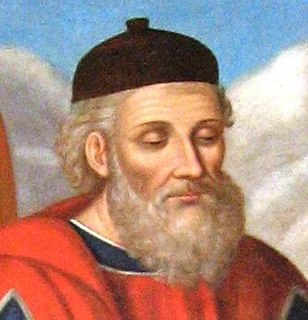Top 9 Quotes & Sayings by Diodorus Siculus
Explore popular quotes and sayings by a Greek historian Diodorus Siculus.
Last updated on April 14, 2025.
Physically the Celts are terrifying in appearance, with deep sounding and very harsh voices. In conversation they use few words and speak in riddles, for the most part hinting at things and leaving a great deal to be understood. They frequently exaggerate with the aim of extolling themselves and diminishing the status of others. They are boasters and threateners and given to bombastic self-dramatization, and yet they are quick of mind and with good natural ability for learning.
He (King Philip) wanted as many Greeks as possible to take part in the festivities in honour of the gods, and so planned brilliant musical contests and lavish banquets for his friends and guests. Out of all Greece he summoned his personal guest-friends and ordered the members of his court to bring along as many as they could of their acquaintances from abroad.
King Croesus, watching Persian soldiers sack [his capital city], is supposed to have asked the Persian King Cyrus, 'What is it that all those men of yours are so intent upon doing?' 'They are plundering your city and carrying off your treasures,' Cyrus replied. 'Not my city or my treasures,' Croesus corrected him. 'Nothing there any longer belongs to me. It is you they are robbing.'
Such was the end of Philip (II, king of Macedonia) ...He had ruled 24 years. He is known to fame as one who with but the slenderest resources to support his claim to a throne won for himself the greatest empire among the Hellenes (Greeks), while the growth of his position was not due so much to his prowess in arms as to his adroitness and cordiality in diplomacy.
























